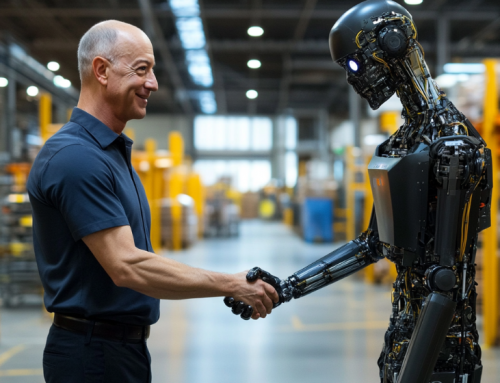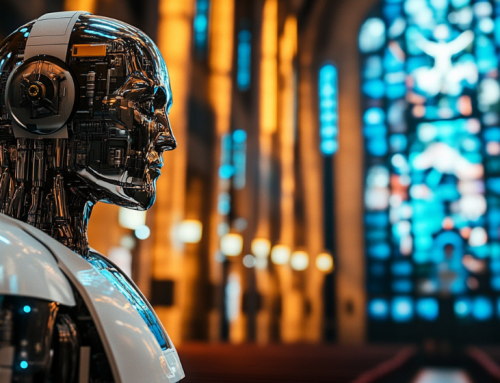U.S.-based AI Advances of Decade Greatly Impacted Investments
According to a Forbes story by an AI expert, the past decade yielded five key AI technologies that have or will have an immense impact on the advance of technology, by either inspiring investment or advancing related technologies.
David Pitchford, co-Founder of AI Business, the world’s largest AI news portal and events series, wrote on forbes.com that the top five advances include IBM’s Jeopardy triumph, Facebook’s DeepFace algorithm, DeepMind’s AlphaGo beating a human for the first time, Microsoft’s speech recognition becoming more accurate than humans and AI detecting skin cancer with a 95% success rate–higher than that of humans.
IBM’s Watson
As the first computer to beat humans at a complex game, requiring the comprehension and reactions to speech, Watson broke new ground and established the potential for deep learning and speech recognition techniques used now in smartphones and smart speakers.
“That year, the global VC market saw a spike to $56 billion with over a fifth of this being invested into the tech sector – a particularly striking sum as it was just three years after the financial crisis,” Pitchford wrote.
DeepFace’s Accuracy
Facebook’s program identifying faces is a platform suggesting who to tag in photos. In 2012, saw its facial-recognition software reached an average accuracy of 97.53%. In the next two years, investment soared in facial recognition technologies.
“It marked the rise of China as a technology superpower, with a huge amount of investment being placed in the Chinese smartphone industry,” Pitchford wrote. “Xiaomi, became the third biggest smartphone maker in 2014 and was able to raise $1 billion in VC funding, valuing the business at $45 billion. The year also saw the rise of tech start-ups competing on a new level – Artificial Intelligence.”
DeepMind’s AlphaGo
After Google acquired DeepMind, it used a neural network to train AlphaGo through a simulated player to build on its strategy and knowledge of potential moves. The win against a human brought tremendous attention to the technology that Deepmind used, attracting investors beyond Silicon Valley, according to Pitchford.
“The U.S. maintained its dominance within global VC activity in 2015, with almost half of the global VC funding going to U.S.-based companies. However, two of the three top deals were for Chinese based technology companies, with China Internet Plus securing $3.3 billion funding and Beijing Xiaoju Technology receiving $3 billion in VC funding in 2015.”
Microsoft’s Speech Recognition
Microsoft used deep neural networks to improve its system’s speech recognition program. In 2016, it brought its Cortana program to a level in which it had a word error rate of only 5.9%, about the same as that of an average person. Despite a global decline in investment that year, plenty of VCs funded deals, such as Uber, which got $5.6 billion from Saudi and American VC firms.
“Investment into AI continued to increase to $6.2 billion and correlated to significant growth in enterprise based AI revenues which had reached $2.2 billion.”
AI Detects Skin Cancer
In 2018, AI successfully found skin cancer more accurately and efficiently than humans in one of the early AI medical technology breakthroughs. Dozens have since followed. According to Pitchford, the success impacted tech companies’ ability to raise venture capital.
“The number of VC backed AI start-ups grew further throughout 2018, reaching over $17 billion as attention on the sector intensified. After Amazon had unveiled its machine-learning product as part of Amazon Web Services, and Google launched an entire division focused on commercializing AI in 2017, 2018 was the year in which the technology’s cross-sector significance was truly established.”
Pitchford wrote that deep learning has had a major impact on advances and will continue to do so.








Leave A Comment